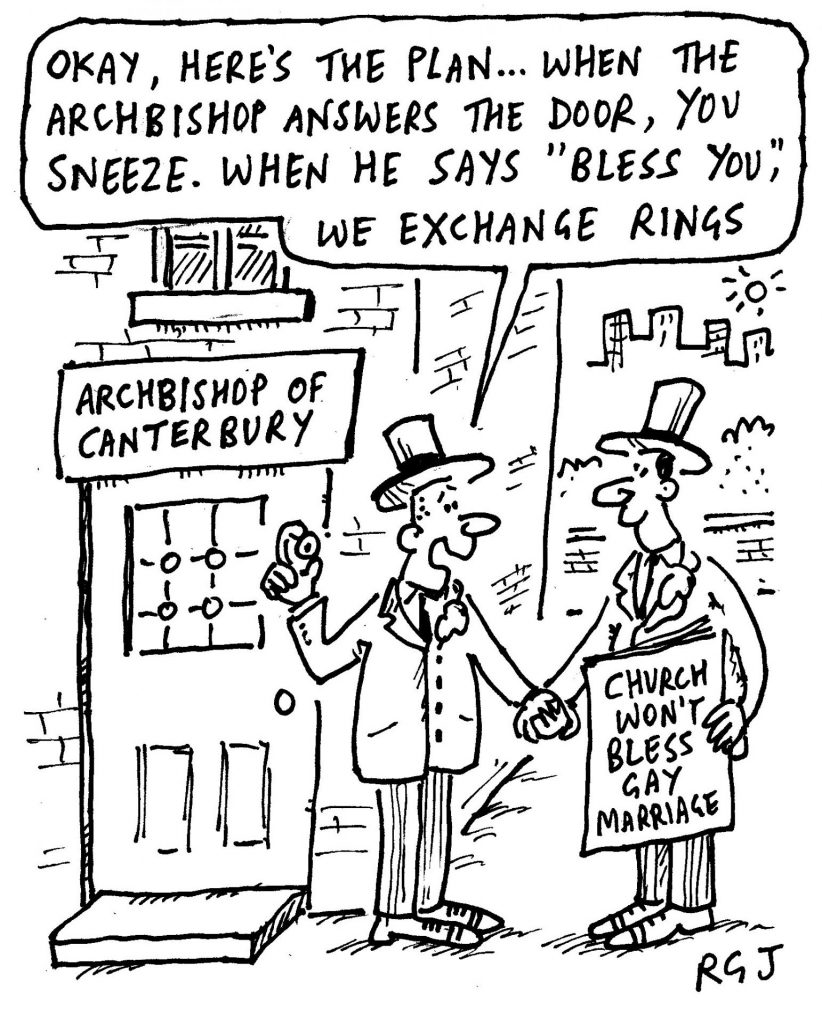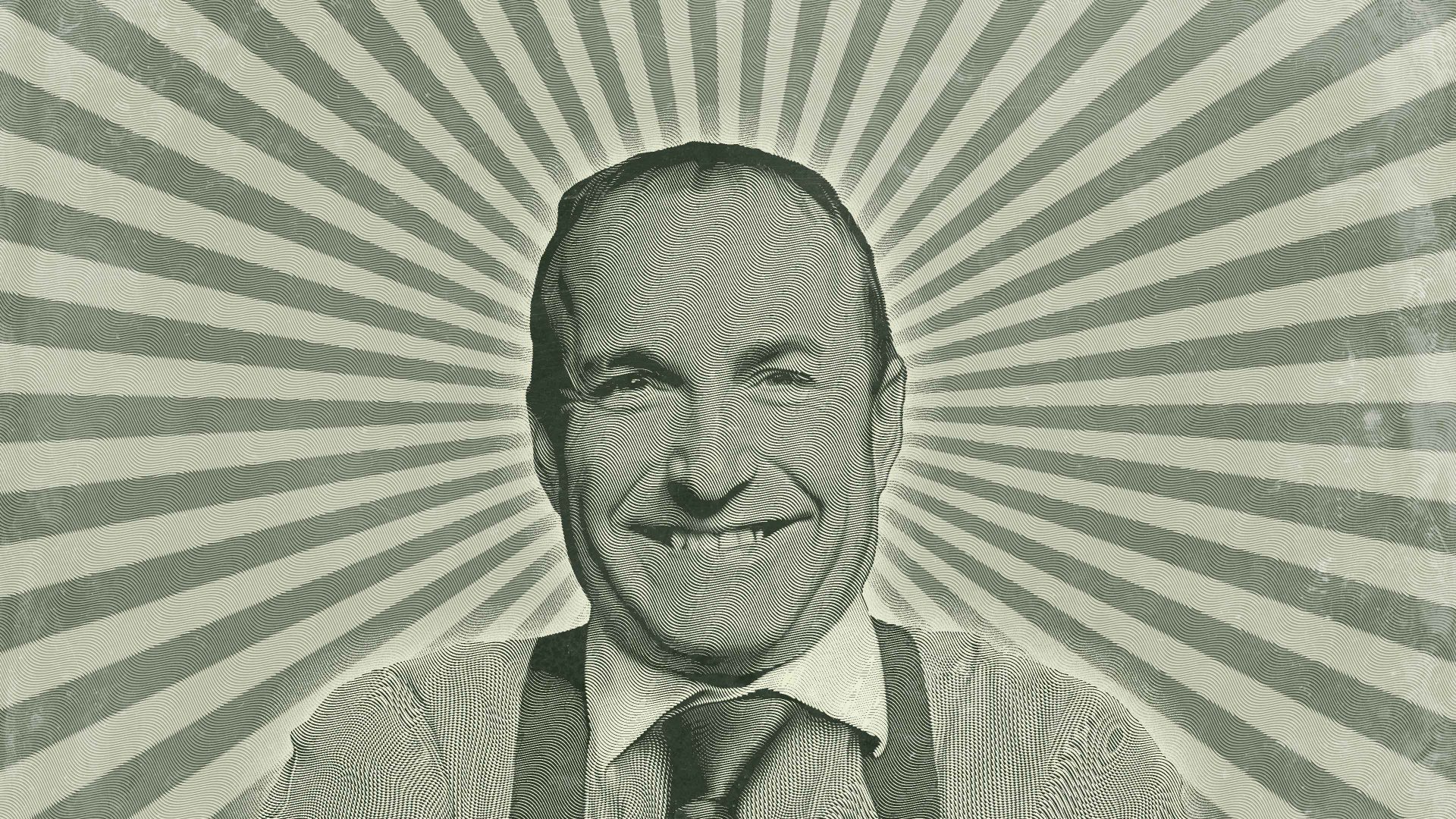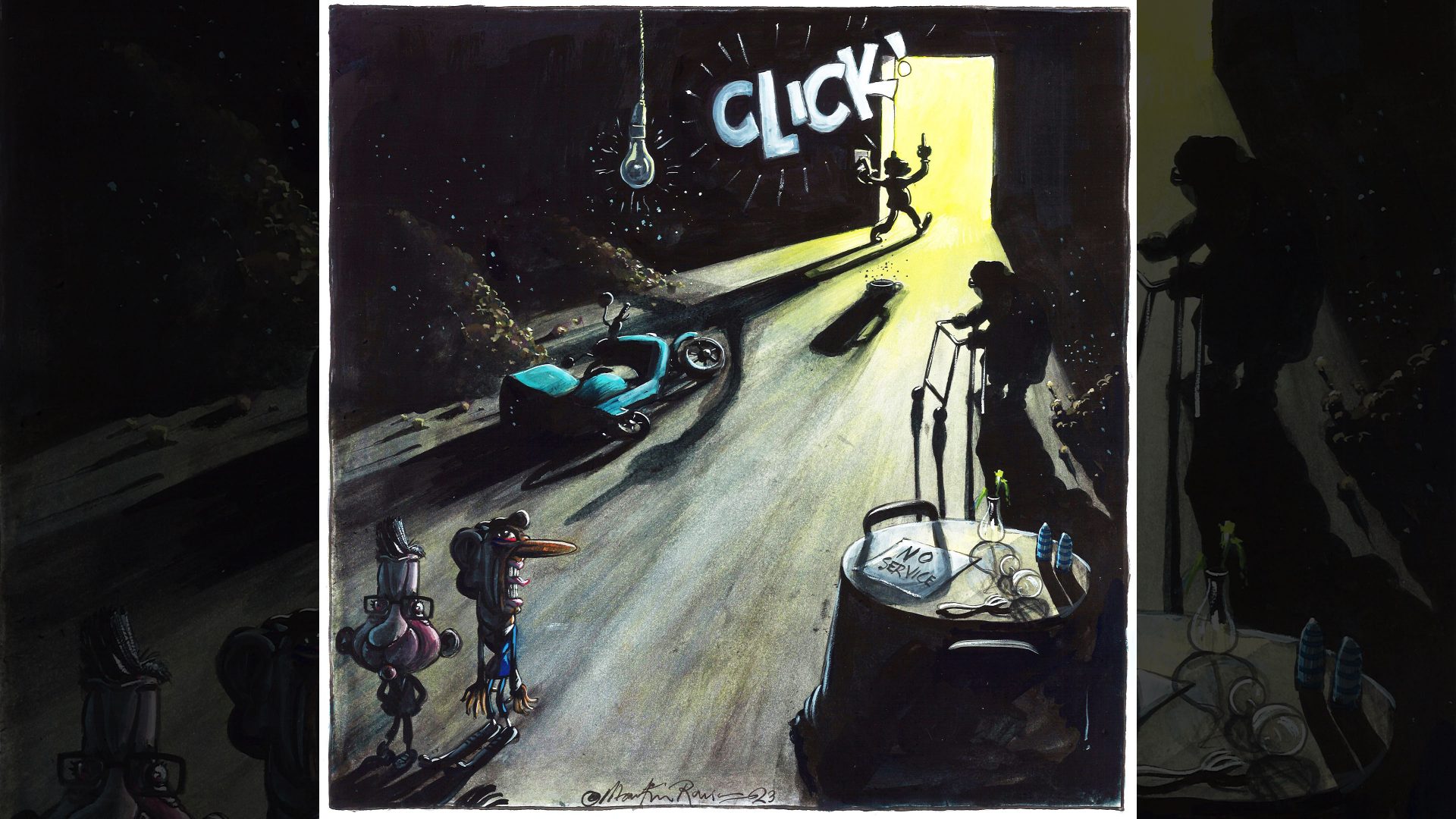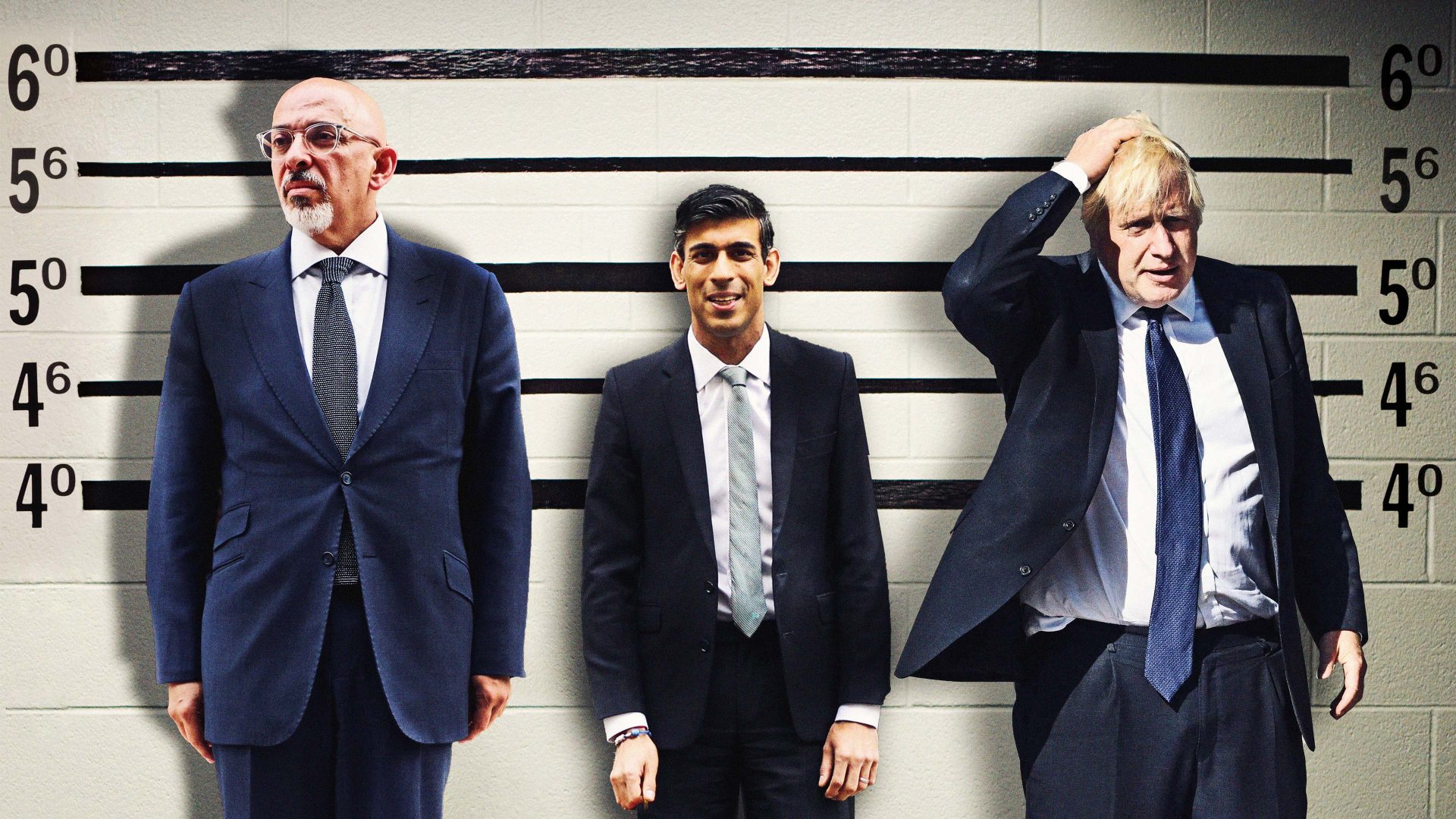I come with a cultural prescription. A way, just for a couple of hours, to help you forget the buggerations of Brexit, the gaslighting of government ministers, and the failings of the Britain the Tories are breaking, and to bathe instead in the warm waters of a feelgood film, Bank of Dave.
Dave is Dave Fishwick, a minibus salesman from Burnley who decides to become the first man in 150 years to create a new bank in Britain. His motivation was that the big banks that helped to crash the global economy know little, and care less, about so-called ordinary people in so-called ordinary places like Burnley. His inspiration came from the fact that he had given small loans to a number of such people, starting with a woman who couldn’t afford a funeral for her husband, and they had always paid him back. He wanted to help people like that through hard times, and help small businesses to get off the ground or get through a rough patch.
His opposition came from the banking establishment, with Hugh Bonneville in a starring role in that camp. Dave, played by Rory Kinnear, has to navigate their dirty tricks and climb the obstacles put in his way, which are designed to make it impossible for him to get the Bank of Dave up and running. Spoiler alert: he wins – Dave of Burnley beats Goliath of Greed – and as the credits roll after a wonderful climax at Turf Moor, the greatest stadium on earth, my favourite Nelson Mandela quote pops into my head: “Everything is impossible, until you make it happen.”
Declaration of interest: Dave is a friend of mine and I gave him a bit of moral and political support in his fight. Also, as you may be aware, Burnley is a place close to my heart because of my six decades following its football team. Indeed, there is something magical about the film’s launch coinciding with our incredible run – eight wins in a row at the time of writing – which has taken us to a place at the top of the Championship that makes it virtually impossible for us not to be promoted back to the Premier League.
Whenever we are on TV, the directors like to pan over terraced houses, chimneys and back yards, in what we call their “whippet and flat cap” approach to Burnley. Netflix, which made Bank of Dave, shows Burnley in a different light, not hiding the problems the town faces, but also capturing the character of the place and the people in a really positive way. Dave Fishwick insisted that they filmed all the Burnley scenes in Burnley, and that the premiere was there too. He really does love the place. He has done more to level up for Burnley than the sloganising Johnson, Truss and Sunak – or the hopefully one-term Tory MP Antony Higginbotham – will ever do.
If you have a heart, you will love Dave’s story, and love the film. Promise.

Talking of levelling up, and sticking in Lancashire… fair play to Lancs police for refusing to play the Tory government game that there should be one law for them and another for the rest of us, in issuing a fixed penalty notice to Rishi Sunak for failing to wear a seat belt while filming a vacuous “aren’t we great?” video in the back of his car while heading to his flight from one part of northern Britain to another.
The fine is not even small change down the side of the back seat for Richie Rishi, but the principle is the important thing. Now perhaps the police could take the same approach to PPE fraud, the tax affairs of Nadhim Zahawi, and the misconduct in public office of rule-smashing Boris Johnson and economy-destroying Liz Truss.
Talking of Brexit buggerations… I had a meeting with my publisher last week to plan the publication of my next book, But What Can I Do?, whose subtitle gives you the main point: “Why politics has gone so wrong and how you can help fix it”. It’s out in May, so more of that in the coming months.
The Brexit buggeration came in two forms. First, they warned that if I was planning big special events where large numbers of books would have to be shipped at short notice, they would need more time, because publishers were being as tight as they could be on paper, which is largely imported, and Brexit has added to the red tape the liars and charlatans said they were going to cut.
Second, looking at the list of places to which review copies would be sent, I noticed that Ireland was not on the list, to be told that they had been sending lots of books for review in Ireland, only for them to be returned because the recipient didn’t especially want to pay duties on a book they hadn’t asked for. What a truly ridiculous mess Brexit has created in so many ways, in so many places.
Talking of Ireland … I was briefed this week on the several days of events and activities that will take place in Belfast in April to mark the 25th anniversary of the Good Friday Agreement. It will be hosted by Queen’s University, and looking at the line-up, it promises to be quite a do. But it got me thinking about what the Tory government has done that is likely to be celebrated 25 years on. Cameron’s gay marriage laws? Yep. Er… now I am struggling…
The only genuinely historic thing that has happened on their watch, and for which they were responsible, is Brexit, and the way things are going, I reckon the number of people still saying it was a good thing by June 23, 2041 will be in the hundreds or thousands, not the millions.
So let’s look forward to 2037 instead, and remember the high spot of their era, London 2012, and the time before Brexit, since when the Tories have managed to create the opposite of the Olympic spirit.
Well that went well…
The Rest Is Politics having struck the chord it seems to have done, with weekly downloads running well into the millions now, and German radio last week calling it Britain’s most successful podcast, Rory Stewart and I have now launched a spin-off, LEADING, based on interviews. The first guest was Michael Heseltine, and happily our chat went straight to the top of the charts, which is always the best place to be.
As I was staring at a street map outside Embankment tube station, a young woman – I later learned she was 23 – pulled out her headphones, said she had just listened to it, had no idea who he was – sorry, Hezza – but she would have liked the interview, which was almost an hour long, to have been double the length “because I learned so much”.
We are getting lots of data on our listeners, and it is striking how many younger people are among them. The conventional older person wisdom is that they are all celebrity-, trivia-, and above all self-obsessed. But I am encouraged by how many seem to be passionately interested in political issues, if turned off by a lot of what the current political debate and its media coverage give them.
This week’s interview is with Marina Litvinenko, widow of Alexander, the former Russian agent murdered by the Putin regime. I was so, so impressed by her. Once you’ve watched Bank of Dave, have a listen to Marina. It too is very uplifting, albeit in a very different way.
Final cultural prescription idea… Mary McCartney’s documentary, If These Walls Could Sing, on Disney. It’s a history of Abbey Road studios, told through the eyes of her dad, Paul, aka Macca aka Beatles living legend, and a host of others, from Elton John to Celeste, Shirley Bassey to the Gallagher brothers. It’s brilliant… it’s even as good as Ros Atkins’ explainers on the BBC News Channel, which ought to be on every BBC channel going




